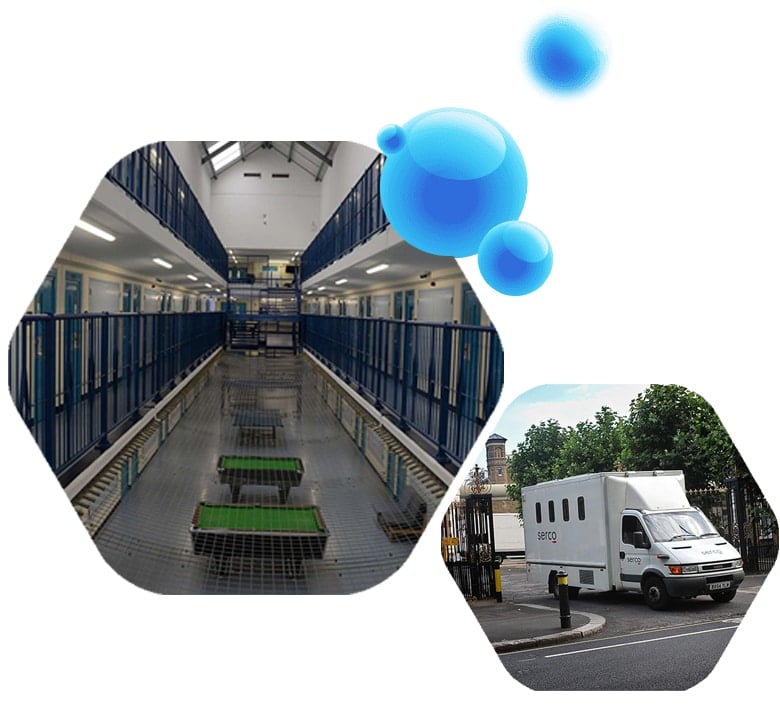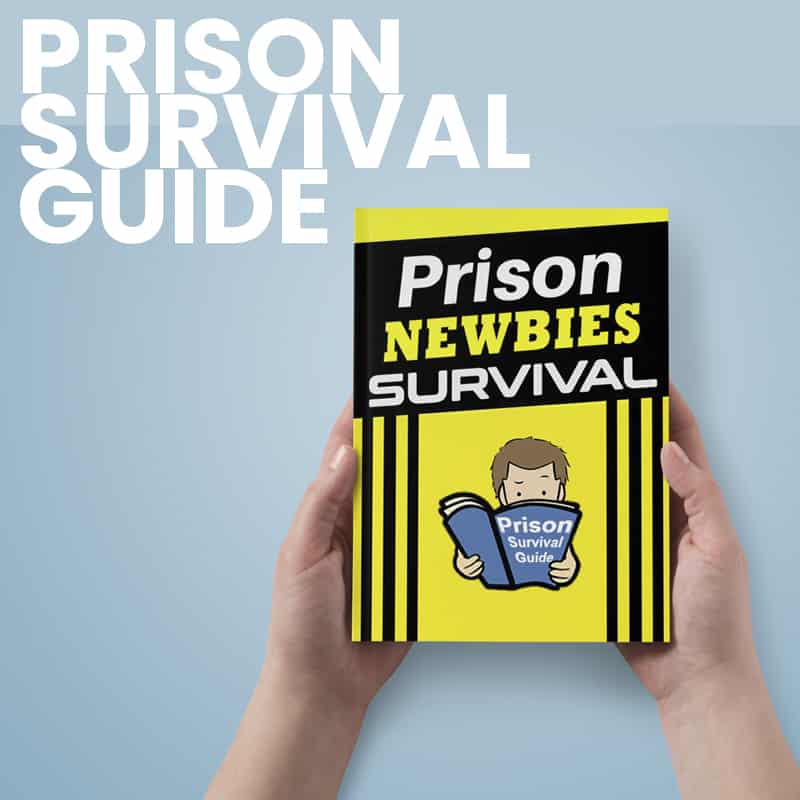Prison Guide
Prison Survival Guide, Our Prison guide pdf is desgined to help you navigate through the world of prison as easy and safetly as possible. Compiled by an ex-prisoner who was sentenced to 5 years for Fraud and Money Laundering, you get to read a first hand account of how to survive prison.
If this is your first time in prison, no doubt you will have a million questions and already have your own version of prison stereotypes. This Prison pdf guide will squash the myths, stereotypes and give you the exact facts on what it is like to live through a prison sentence.
The world of inside prison goes rarely reported, what its really like to live on the inside of a prison. This prison guide pdf will cover topics such as getting from court to prison, being processed at the prison reception, what its like to get your first prison cell mate, prison food, taking a shower for the first time in prison and an insight into the UKs industrial prison complex and politics.

THE BEST PRISON TOOLS
Prison Assist:
Prison Guide
This Prison Guide will give you the tips, skills and knowledge needed to survive your own prison journey. knowledge is power, dont go to prison without reading this prison guide first, it is like your Prison Bible!
Topics Covered in this Prison Survival Guide:
- Preparing for prison
- What to take to prison
- Prison Clothing Limits
- Cash For Your Prison Account
- From Court To Prison
- First Cell Mate
- What is the prison cell like
- What is prison like
- Getting Beaten up in prison
- Exercise/Yard
- Showers
- Food
- Canteen
- Newspapers / Magazines
- Violence
- Move Prison / Prison Transfer
- Letters
- Email A Prisoner
- Prison Phone / Mobile Phones
- Video Calls / Purple Visits
- Prison Voicemail
- Catalogue Orders
- Education / Jobs
- Library
- Drugs and Alcohol
- Visits
- IEPs (Incentive Earned Privileges)
- MDT (Mandatory Drug Testing)
- Adjudications
- Officers
- OMU / Categorisation
- Complaints and Applications
- What do prisoners do all day
- Prison Survival Tips
- Useful Prison Support Groups
This is a fully comprehensive 30 page guide pdf, 2021 edition which will give you all the information and power that you need before entering a prison establishment. Click here for your prison guide







